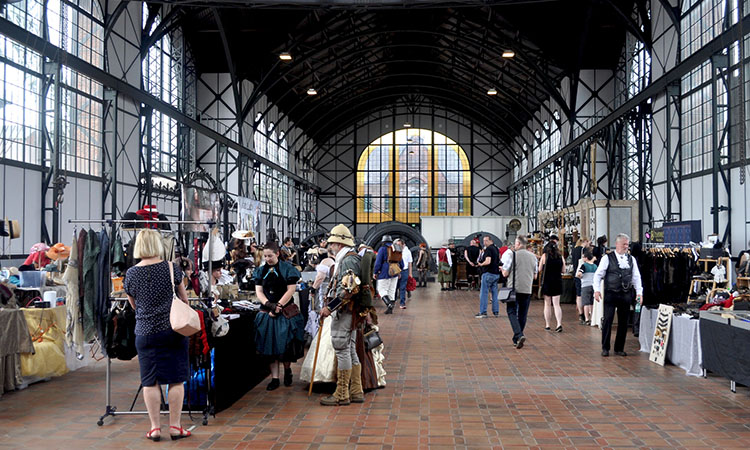This article was adapted from our latest book, "Sharing Cities: Activating the Urban Commons." Download your free pdf copy today.
Many believe that the only way to tackle climate change is through a global approach, but compliance to global emissions treaties is uneven and the system can be gamed. However, a 2009 World Bank working paper by Nobel Laureate Elinor Ostrom suggests that taking a "polycentric" approach might be more effective because it could reach more stakeholders, increase cooperation, and accelerate a response to climate change. Roughly speaking, a polycentric approach to climate change means a bottom-up, distributed effort lead by local, participatory multi-stakeholder groups that adds up to substantial change at a global level.
Such an approach is epitomized by Dortmund, Germany's Climate Protection and Energy Efficiency Consultancy ("Konsultationskreis Energieeffizienz und Klimaschutz") or "kek fora." According to the European Cultural Foundation's Build the City report, kek is designed to ensure broadly inclusive and participatory processes, involving city departments, utilities, business groups, nonprofits, and local citizens, all led by the city's mayor. ICLEI's case study #171, about Dortmund's energy transition work featuring kek, lists over 50 measures organized into six categories of action: energy efficiency, renewables and supply, efficiency retrofitting, community building and urban development, mobility, and cross-structural cooperation. The representative and coordinating functions of kek are essential. In only its first three years, kek completed 18 unique measures, initiated 34 new measures, and designed an energy transition master plan that seeks a 40 percent reduction in C02 emissions by 2020.
Learn more from:
- World Bank working paper on a polycentric approach to climate change
- Dortmund’s energy transition master plan (German)
Header image by Phil Beard on Flickr (CC BY-NC-ND 2.0)










